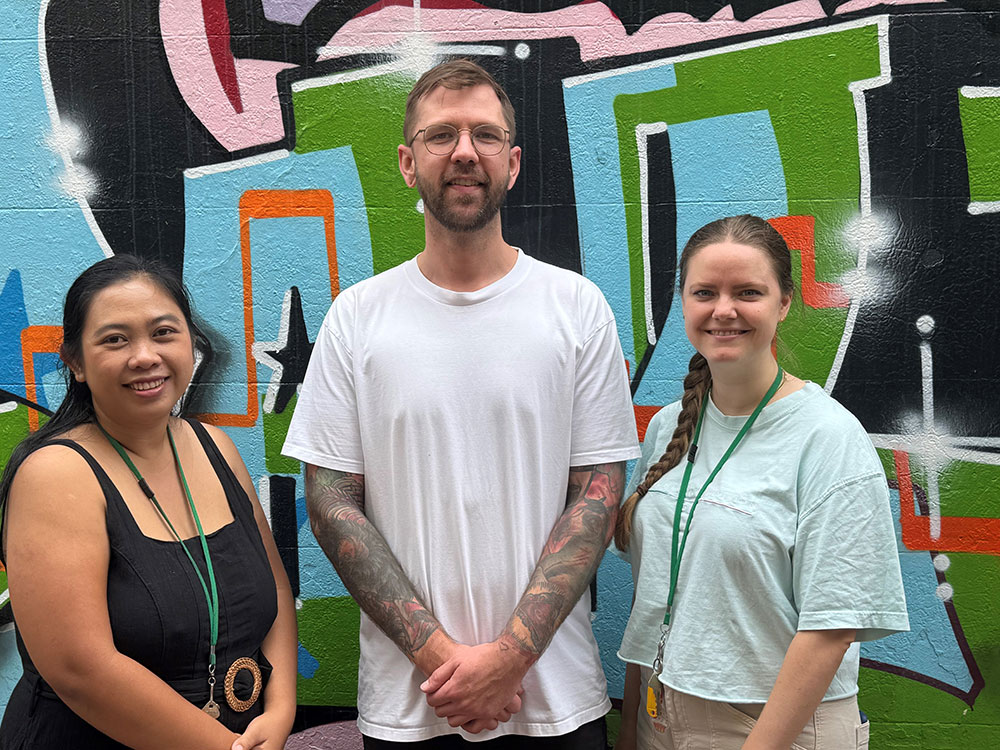Making positive shifts today to improve the nutrition of Pacific communities in the future is the hope of a University of Otago – Ōtākou Whakaihu Waka researcher.
Dr Edmond Fehoko, of the Department of Human Nutrition, is set to undertake a groundbreaking study into food neophobia, the fear of trying new food, among Pacific peoples in Aotearoa New Zealand.
He has received a Health Delivery Research Activation Grant worth $30,000 in the Health Research Council’s latest funding round. It is one of 15 activation grants, and one Health Delivery Research Career Development Award, worth a total of $540,087, awarded to Otago researchers.
“Food plays a significant role in our familial and cultural settings. However, there is a reluctance to eat so-called ‘new foods’ such as fruits, vegetables, seeds, nuts and wholegrain products. This, in turn, negatively impacts the health and wellbeing of Pacific families and communities.
“Pacific peoples need to shift behaviours, experiences and ideas around food, more specifically around the need to consume ‘new foods,'” Dr Fehoko says.
There is a lack of research into food neophobia across Pacific cultures and its potential link to nutritional status. He hopes this work will fill that gap and mark the start of broader research aimed at enhancing nutrition outcomes for Pacific peoples.
“While obesity rates continue to rise across New Zealand, Pacific communities are disproportionately affected due to disparities in healthcare and food environments. These health trends are largely driven by diet and limited access to healthy foods.
“My 3-year-old daughter is part of the inspiration for this work – if we can make positive shifts today, there is hope that there will be positive shifts of the nutrition status of Pacific communities in the future,” Dr Fehoko says.
Deputy Vice-Chancellor (Research and Enterprise) Professor Richard Blaikie is pleased HRC is funding the work and that of so many other Otago studies.
“These projects will help deliver benefit to real New Zealanders facing a myriad of health issues, at an individual and community level.
“We also welcome the fact that HRC’s support will benefit the career development of a number of emerging researchers working across our divisions and campuses. I look forward to seeing these people grow into our future research leaders.”








